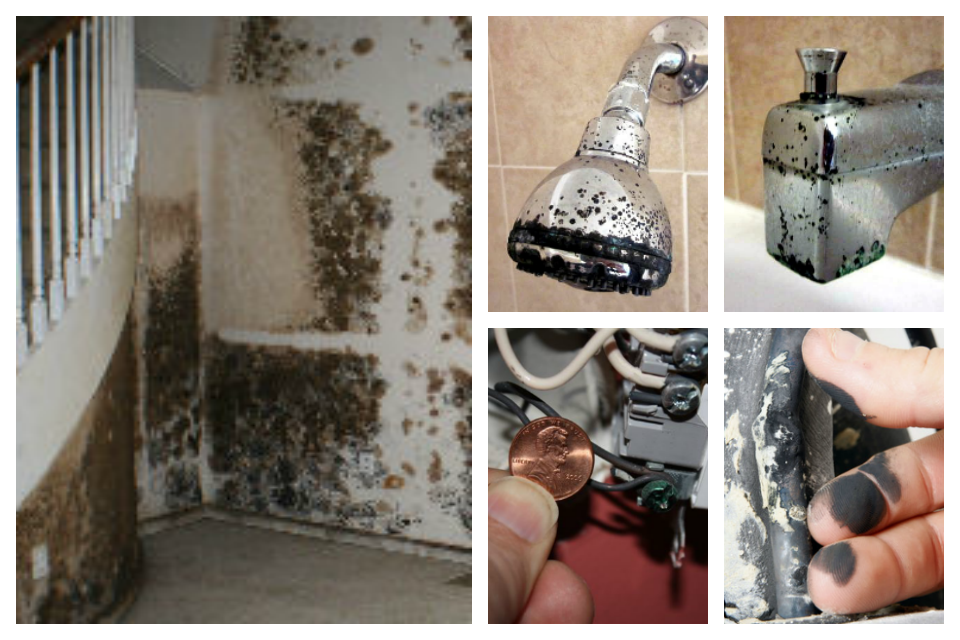After Hurricanes Katrina and Rita many of the homes reconstructed from 2001 to 2009 were done so with drywall imported from China due to the shortage in the United Sates. Even new home builds during these years have been found to contain Chinese Drywall. In the past years more than 4,000 homeowners in 42 states have filed complaints with the CPSC regarding property damage and health problems due to the contaminated product.
What exactly is Chinese Drywall and why is it so dangerous?
Drywall that was manufactured in China during this period has been found to contain harmful minerals and metals such as sulfur, strontium and iron. Typically in warm, humid climates these contaminants will emit a noxious, odorous gas that will smell like rotten eggs. “According to Lawrence Berkley National Laboratories, Chinese drywall can emit hydrogen sulfide up to 100 times greater than non-Chinese produced drywall. Hydrogen sulfide is a hazardous gas which, in high concentrations, can be fatal.” “According to Dr. Patricia Williams, a University of New Orleans toxicologist, highly toxic compounds have been found in Chinese drywall and prolonged exposure to these compounds can cause serious problems. Strontium sulfide may be dangerous to developing children; it affects bone growth. Chronic exposure to these gases may affect the central nervous system (including visual and sensory changes), cardiovascular system, eyes, kidneys, liver and skin. Infants, children, the elderly and infirm (particularly those with heart and lung disease and diabetes) and pets may have an increased vulnerability to these gases and the particulates that are released from the drywall. However, experts disagree.” - R2
The temporary health problems that it can cause mimic allergies and are as follows:
- » Bloody or runny nose
- » Difficulty breathing, asthma, or persistent cough
- » Irritated, sore throat
- » Persistent headaches
- » Itchy and irritated skin and eyes
- » Sinus problems
Long term effects have yet to be reported.
What are the signs that my home might contain contaminated drywall?
The first telltale sign that your home might contain contaminated drywall is the smell. The smell that these contaminates put off will smell like rotten eggs or ammonia, but not always, so you can’t rely on that alone. The gases emitted corrode copper plumbing, metal surfaces and electrical wiring which in turn destroy appliances such as air conditioning units, refrigerators, etc. With that, if you notice any of the following please contact a professional to conduct test samples.
What can you do if you think you have Chinese Drywall in your home?
There are very specific steps that must be followed to determine if your home does contain the defective product and if so then you will want to work with an experienced and trusted contractor to make the necessary repairs. Plumbline Construction is familiar with the protocol and the mandated Virginia Building Code that must be followed to remedy the situation. If you are experiencing any of the problems mentioned, please don’t hesitate to contact us at
804-218-5820 to make an assessment.






